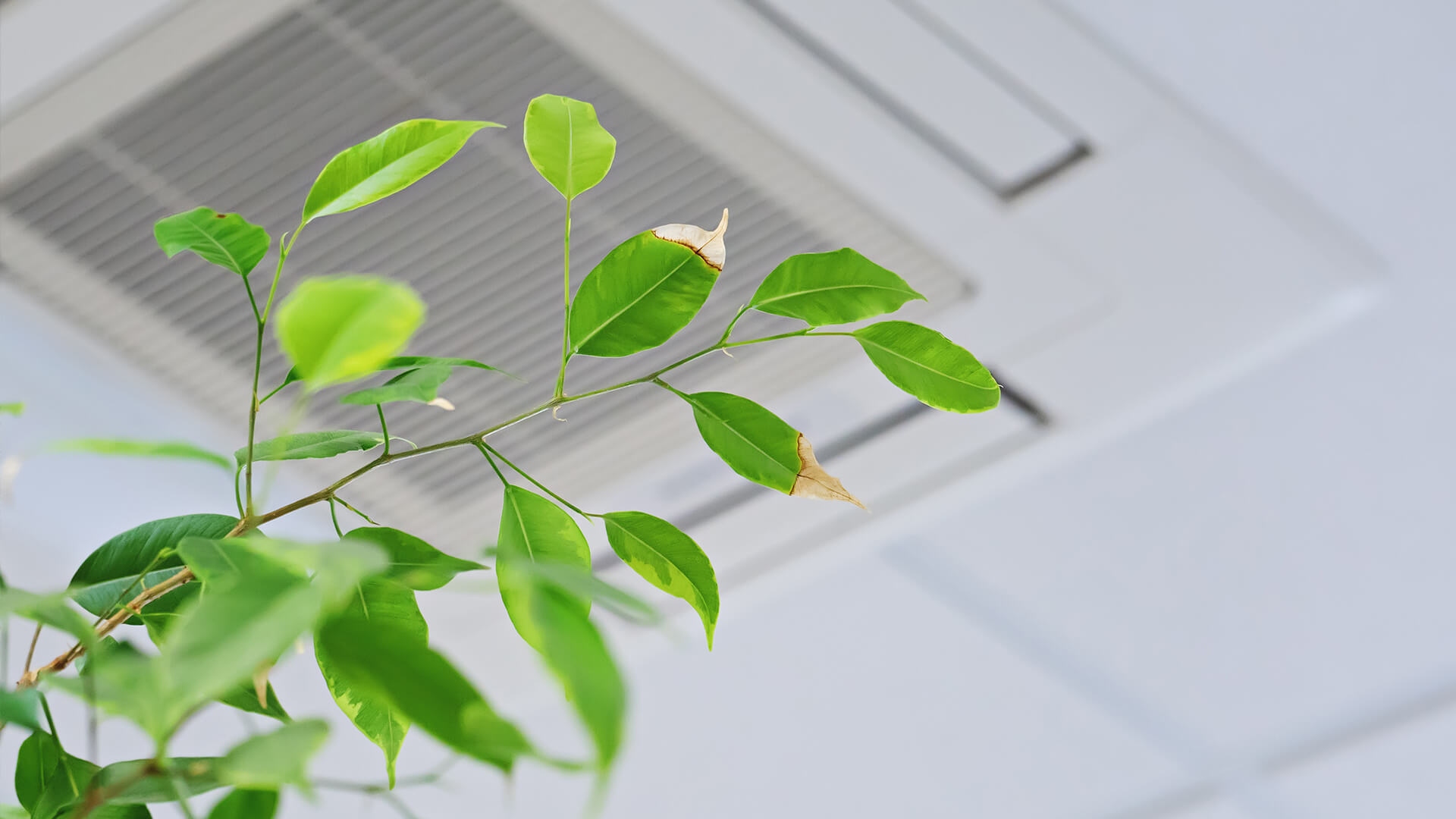Comments
- No comments found

Are you breathing clean air inside your home or workplace? It’s a question many people overlook as they assume that the air indoors is safer than outside.
However, recent studies show that indoor air can be up to five times more polluted than outdoor air. With people spending more time indoors than ever before, particularly in the wake of global health crises and increasing urbanization, the quality of the air inside our homes and offices has never been more crucial.
In this article, we’ll explore why indoor air quality (IAQ) is so important, how poor IAQ can affect your health, and what steps you can take to ensure the air you breathe is clean. Understanding these factors could drastically improve your well-being and help you make informed decisions about maintaining a healthier indoor environment.

Indoor air pollutants range from dust mites and pet dander to volatile organic compounds (VOCs) emitted from household products like paints and cleaners. Exposure to these pollutants can cause immediate health issues such as eye irritation, coughing, and headaches. More alarmingly, long-term exposure to poor indoor air quality has been linked to serious conditions such as respiratory diseases, heart disease, and even cancer.
Children, the elderly, and people with pre-existing health conditions are particularly vulnerable. When IAQ is compromised, it exacerbates asthma, increases the likelihood of allergies, and can weaken immune systems. This makes controlling indoor air quality not just a matter of comfort but one of public health.
VOCs are one of the biggest contributors to indoor air pollution. These chemicals are emitted from everyday items such as furniture, carpets, and even air fresheners. While the smells from these products may seem harmless, prolonged exposure can be toxic and cause long-term health complications.
Mold, dust mites, and bacteria are biological contaminants that thrive in damp or unventilated spaces. These pollutants are responsible for triggering allergic reactions and respiratory issues. They are particularly problematic in areas like basements, bathrooms, and kitchens where moisture tends to accumulate.
Particulate matter, such as dust and pet dander, may seem insignificant, but over time, it accumulates and degrades air quality. These particles can be inhaled deeply into the lungs, posing a risk to respiratory health, especially for people with asthma or allergies.
In efforts to conserve energy, modern buildings are constructed to be airtight, trapping heat or cool air inside to reduce energy consumption. While this is great for lowering utility bills, it also means that indoor air circulation is limited. Pollutants are trapped inside, unable to escape, which leads to poor IAQ.
Remote working, online education, and general lifestyle shifts have led to people spending an unprecedented amount of time indoors. This trend has increased the relevance of IAQ since we are now exposed to indoor air more frequently than outdoor air. Breathing poor-quality air for prolonged periods increases the likelihood of developing chronic health conditions, making it essential to monitor and improve indoor air conditions.
Poor indoor air quality isn’t just a health issue—it’s an economic one too. Studies have shown that workers in environments with poor IAQ report more sick days and decreased productivity. Indoor pollutants can cause headaches, fatigue, and concentration problems, directly affecting job performance. For businesses, investing in improving indoor air quality can lead to healthier employees, fewer sick days, and a more efficient workforce.
Treating illnesses associated with poor air quality—such as asthma, bronchitis, and cardiovascular diseases—can lead to increased healthcare costs. By improving indoor air, individuals and businesses can reduce medical expenses associated with long-term exposure to harmful pollutants.

One of the simplest ways to improve IAQ is to ensure proper ventilation. Open windows regularly to allow fresh air to circulate and remove trapped pollutants. In modern homes and buildings, mechanical ventilation systems can also play a vital role in ensuring a constant flow of clean air.
Air purifiers equipped with HEPA filters are highly effective at removing airborne particles like dust, pollen, and pet dander. Additionally, advanced purifiers, such as those offered by companies like HYLA USA, utilize water-based filtration systems to capture a wide range of pollutants, ensuring that the air you breathe is as clean as possible.
Limit Indoor Pollutant Sources
Reducing your exposure to indoor pollutants starts by eliminating the sources. Use low-VOC paints and cleaning products, avoid smoking indoors, and ensure proper maintenance of appliances like stoves and heaters that could emit harmful gases.
Control Humidity Levels
High humidity encourages the growth of mold and dust mites. Use a dehumidifier to keep humidity levels between 30-50%. This will not only improve air quality but also help prevent damage to your home’s structure and furnishings.
Indoor air quality matters now more than ever. As we spend more time indoors, the impact of poor IAQ on our health, productivity, and well-being cannot be overstated. From immediate effects like headaches and allergies to long-term risks such as respiratory diseases and cardiovascular conditions, maintaining clean indoor air is crucial. Fortunately, there are actionable steps you can take, such as increasing ventilation, using air purifiers, and reducing indoor pollutants.
Improving indoor air quality is not just a necessity for a healthier life but also for a more comfortable, productive, and economically sustainable environment.
Leave your comments
Post comment as a guest